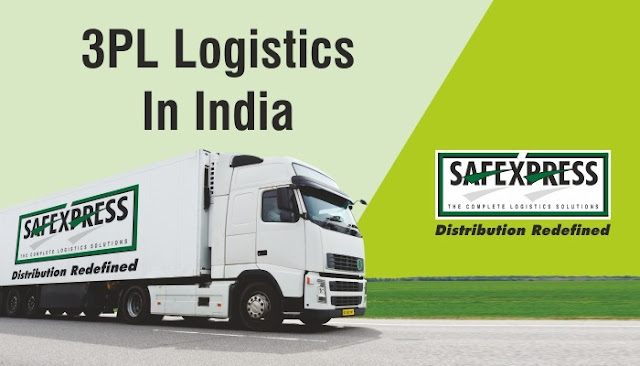After the backlash in the initial quarters of 2020, logistics and supply chain market including 3PL logistics in India is all set to soar with a CAGR growth rate of 11.5 percent during the period of 2020-2025 as per the recent report published by Mordor Intelligence. By the time we entered in 2021, the logistics has not only become an important sector but also has emerged as the backbone of the economy during its reopening and way forward.
The nationwide GST rollout has led the consolidation of the otherwise fragmented logistics industry into more organized and apt industry. It has facilitated the hassle-free interstate movement of goods and has changed the pre-GST trend of ‘setting up separate state-level warehouses/ C&F agents in multiple consumption states by the supply chain with a tax-saving perspective’ to the current scenario where companies are moving towards building/ availing larger consolidated multi-modal logistics parks, freight corridors, and availing express & 3PL logistics services, more than ever, with an operations efficiency perspective, which has led to a huge logistics cost saving.
New trends are emerging in warehousing, 3PL & outsourcing space. Multinationals and global supply chains are finding India an attractive location to set up their manufacturing base and expand the customer base, which is a reasonable factor to trigger an increase in need of outsourcing. More companies are planning to use 3PL services in the future as an integrated set of services involving warehousing, transportation, order processing, quality inspection & other value-added services.
This has created a feasible ground for third-party logistics companies in India. Safexpress, one of the largest and fastest logistics companies in the nation is a pioneer in 3PL logistics in India and has been continuously catering to the varied needs of the customers through its well-established & continuously strengthened country-wide network that enables round the clock operations & reach to all 31083 pincodes of India.
Companies are looking for complete end-to-end logistics solutions from order processing to warehousing, inventory management & finally dispatch of orders to their distribution channels through a time-definite and just-in-time approach. Value -addition through offering services such as packaging, labelling, dedicated fleet management, order consolidation, quality-checks, binning for assembly line ready deliveries & appointment deliveries are gaining traction and growing in popularity in 3PL and supply chain industry.
To meet the increased demand, market players have been investing heavily in strengthening and advancing their infrastructure, technological and warehousing capabilities. Safexpress, with its existing 42 3PL locations & further expanding capabilities ensures its proactive readiness to cater the futuristic & ever-changing needs of its customers by offering flexibility to expand or customize its operations or add space in newer locations as per the customers’ needs & providing door deliveries to any pincode across the country.
Well-equipped to overcome the challenges/ changes while operating in such dynamic industry by conducting proper proactive planning, research & analytics, Safexpress has created a strong, tech-enabled, real-time data capturing capabilities to facilitate time-sensitive, hassle-free & safe warehousing and inter-modal express distribution for its customer base spread across 8 different industry verticals.
Agile supply chains, dedicated freight corridors, in-city logistics parks, technology advancements and cloud integration are key enablers that are expected to bring scaled efficiencies to the operations in 3PL space. In such dynamic times, organizations need to accept the new normal, take the learnings from the most disruptive year 2020 and be ready to adapt to the changes that emerge as the industry evolves. Adaptability is the key that will decide the further course of the industry in the coming year.











